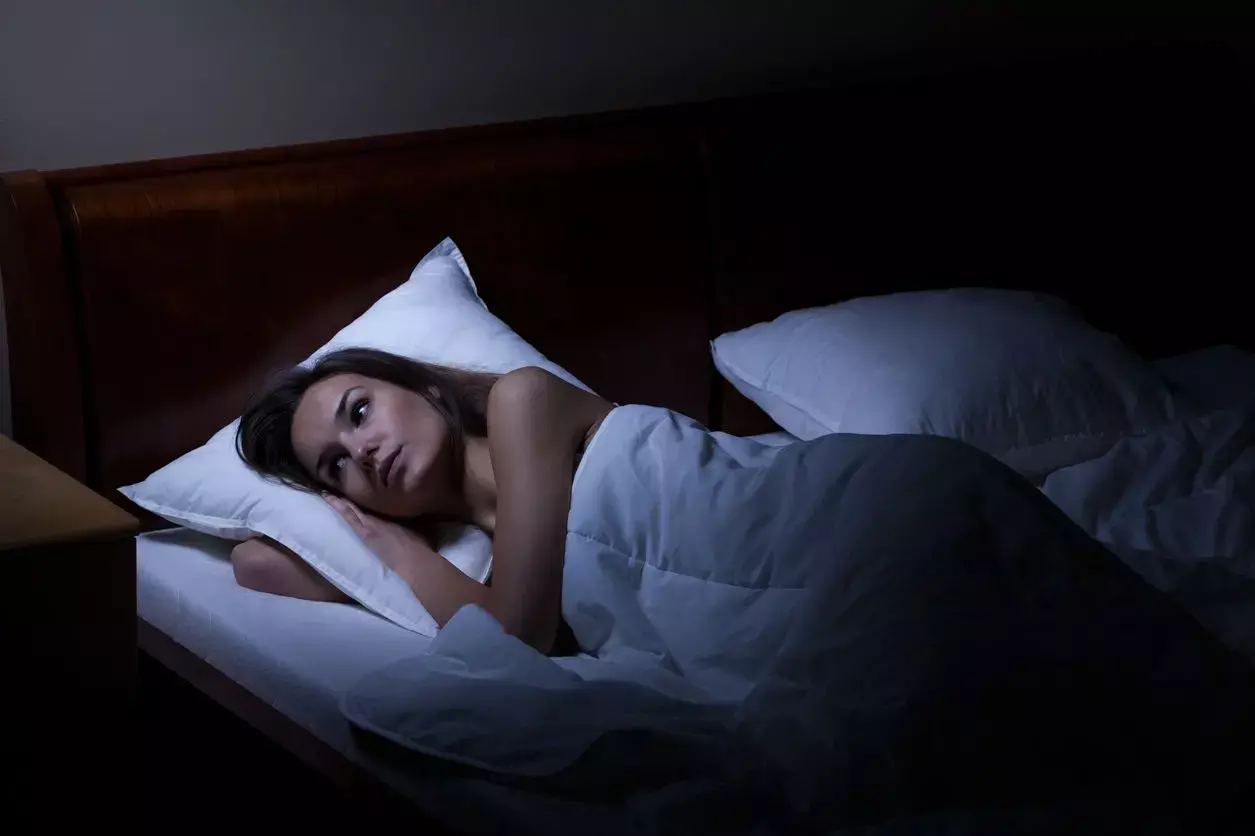- Home
- Medical news & Guidelines
- Anesthesiology
- Cardiology and CTVS
- Critical Care
- Dentistry
- Dermatology
- Diabetes and Endocrinology
- ENT
- Gastroenterology
- Medicine
- Nephrology
- Neurology
- Obstretics-Gynaecology
- Oncology
- Ophthalmology
- Orthopaedics
- Pediatrics-Neonatology
- Psychiatry
- Pulmonology
- Radiology
- Surgery
- Urology
- Laboratory Medicine
- Diet
- Nursing
- Paramedical
- Physiotherapy
- Health news
- Fact Check
- Bone Health Fact Check
- Brain Health Fact Check
- Cancer Related Fact Check
- Child Care Fact Check
- Dental and oral health fact check
- Diabetes and metabolic health fact check
- Diet and Nutrition Fact Check
- Eye and ENT Care Fact Check
- Fitness fact check
- Gut health fact check
- Heart health fact check
- Kidney health fact check
- Medical education fact check
- Men's health fact check
- Respiratory fact check
- Skin and hair care fact check
- Vaccine and Immunization fact check
- Women's health fact check
- AYUSH
- State News
- Andaman and Nicobar Islands
- Andhra Pradesh
- Arunachal Pradesh
- Assam
- Bihar
- Chandigarh
- Chattisgarh
- Dadra and Nagar Haveli
- Daman and Diu
- Delhi
- Goa
- Gujarat
- Haryana
- Himachal Pradesh
- Jammu & Kashmir
- Jharkhand
- Karnataka
- Kerala
- Ladakh
- Lakshadweep
- Madhya Pradesh
- Maharashtra
- Manipur
- Meghalaya
- Mizoram
- Nagaland
- Odisha
- Puducherry
- Punjab
- Rajasthan
- Sikkim
- Tamil Nadu
- Telangana
- Tripura
- Uttar Pradesh
- Uttrakhand
- West Bengal
- Medical Education
- Industry
Suvorexant, safe treatment for insomnia associated with hot flashes in midlife women: Study

USA: Suvorexant is a well-tolerated and effective treatment for insomnia associated with hot flashes in perimenopausal and postmenopausal women, suggests a recent study in the journal Sleep.
The neuropeptide orexin is shown to promote wakefulness, modulate thermoregulation, increase after menopause, and is normalized in women receiving estrogen therapy. This suggests a role for orexin antagonism for the vasomotor symptom (VMS)-associated insomnia disorder treatment.
Considering the above, Hadine Joffe, Department of Psychiatry, Brigham and Women's Hospital, Harvard Medical School, Boston, MA, USA, and colleagues tested the efficacy of the dual orexin receptor antagonist suvorexant for chronic insomnia related to nighttime VMS in a double-blind, placebo-controlled trial.
The trial included 56 women with chronic insomnia associated with nighttime VMS, Insomnia Severity Index (ISI) scores ≥15, and >30 min of diary-rated wake after sleep-onset (WASO). They were randomized to receive oral suvorexant 10–20 mg (n = 27) or a placebo (n = 29) nightly for 4 weeks. Analysis of within-person change in ISI was adjusted for baseline ISI and race.
Salient findings of the study include:
- Mean baseline ISI scores were 18.1 and 18.3 in the suvorexant and placebo groups, respectively.
- The average 4-week ISI within-person decrease from baseline was greater on suvorexant (−8.1) compared to placebo (−5.6).
- Compared to placebo, nighttime diary-rated VMS frequency was significantly reduced with suvorexant.
- While diary-rated WASO and total sleep time trended toward improvement on suvorexant, findings were not significant after adjustment for multiple comparisons.
- Daytime VMS and other sleep-related outcomes did not differ between groups. Suvorexant was well tolerated.
"Findings suggest that suvorexant is likely a well-tolerated and efficacious treatment for VMS-associated insomnia disorder and reduces nighttime VMS," wrote the authors. "Orexin receptors' antagonism could provide a novel therapeutic option for midlife women with VMS-associated chronic insomnia."
Reference:
Shadab A Rahman, Margo D Nathan, Aleta Wiley, Sybil Crawford, Aviva Y Cohn, Jessica A Harder, Leilah K Grant, Athena Erickson, Akanksha Srivastava, Kathleen McCormick, Suzanne M Bertisch, John W Winkelman, Hadine Joffe, A double-blind, randomized, placebo-controlled trial of suvorexant for the treatment of vasomotor symptom-associated insomnia disorder in midlife women, Sleep, 2022;, zsac007, https://doi.org/10.1093/sleep/zsac007
KEYWORDS: Sleep journal, insomnia, vasomotor symptom, orexin receptors, antagonism, hot flashes, night sweats, menopause, postmenopausal, women, perimenopausal, suvorexant, Hadine Joffe
Dr Kamal Kant Kohli-MBBS, DTCD- a chest specialist with more than 30 years of practice and a flair for writing clinical articles, Dr Kamal Kant Kohli joined Medical Dialogues as a Chief Editor of Medical News. Besides writing articles, as an editor, he proofreads and verifies all the medical content published on Medical Dialogues including those coming from journals, studies,medical conferences,guidelines etc. Email: drkohli@medicaldialogues.in. Contact no. 011-43720751


